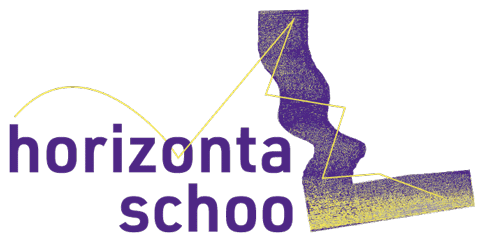Handbook on Theory and Methods of Facilitation and Intercultural Communication
Different cultures exist in everybody’s lives as we navigate through many spaces: home, school, work, sport-club… in all of these spaces exist different cultures – and not to forget – all of them consists of many different individuals. Therefore, it is not only important to learn about how to communicate and to perceive “the Other” but also learn about oneself, as the smallest unit of a culture.
This handbook encompasses basics of facilitation, theories and models of intercultural learning, methods of intercultural training and global learning and more.
The handbook was developed in the program “Intercultural Teacher Training in China” implemented by Commit by MitOst gGmbH and funded by the Mercator Foundation.

Authors

Marta Gawinek – Dagargulia is a born cosmopolitan and lover of diversity, an educator and facilitator for 15 years now with very thorough experience in online facilitation. Her professional passions are lifelong learning, civic education and the development of key competencies for the working environments of tomorrow. She is an experienced project manager and team lead who has created spaces for empowering individuals and communities in Georgia, Central Europe and Germany.

Lei Wang has studied in China and Germany. She has long experience in academic, cultural and business exchange. Today, she feels at home in different cultures. Her transcultural experiences have helped her to change perspectives in order to gain valuable insights and broaden her own horizons. Lei enjoys this enrichment and encourages people to open up to diversity and create value from it. As an experienced facilitator, she is passionate about bringing people together and supporting diverse teams to sustainably improve their emotional, social and communication skills. She hosts workshops on intercultural approaches, and gives seminars on inclusion and sustainability at the University of Cologne. She is an author on education, culture and communication, and sustainable development.

Tino Rasche studied physics in Germany and Russia but today he is more passionate about values and critical thinking and how to show that they are very connected to nature, as proven by science. As a facilitator, he is creating educational spaces for diversity-conscious value-based cooperation of individuals, teams, and organizations. He is passionate about finding creative solutions by combining various spheres of life (philosophy, natural and social sciences, economics, education, health, language, music, technology, theater…) with an active personal attitude.

Sebile Yapici was the head of the program: Intercultural Teacher Training in China where this publication was developed. She experieneces interculural encounters since she was born and facilitates them since more than 20 years. She has lived in Brazil, Turkey, Uzbekistan, the US and China. Most passionate is she about (empathic) communication as the most important skill for any relationship. She is the editor of this publication.
Editor: Sebile Yapici


